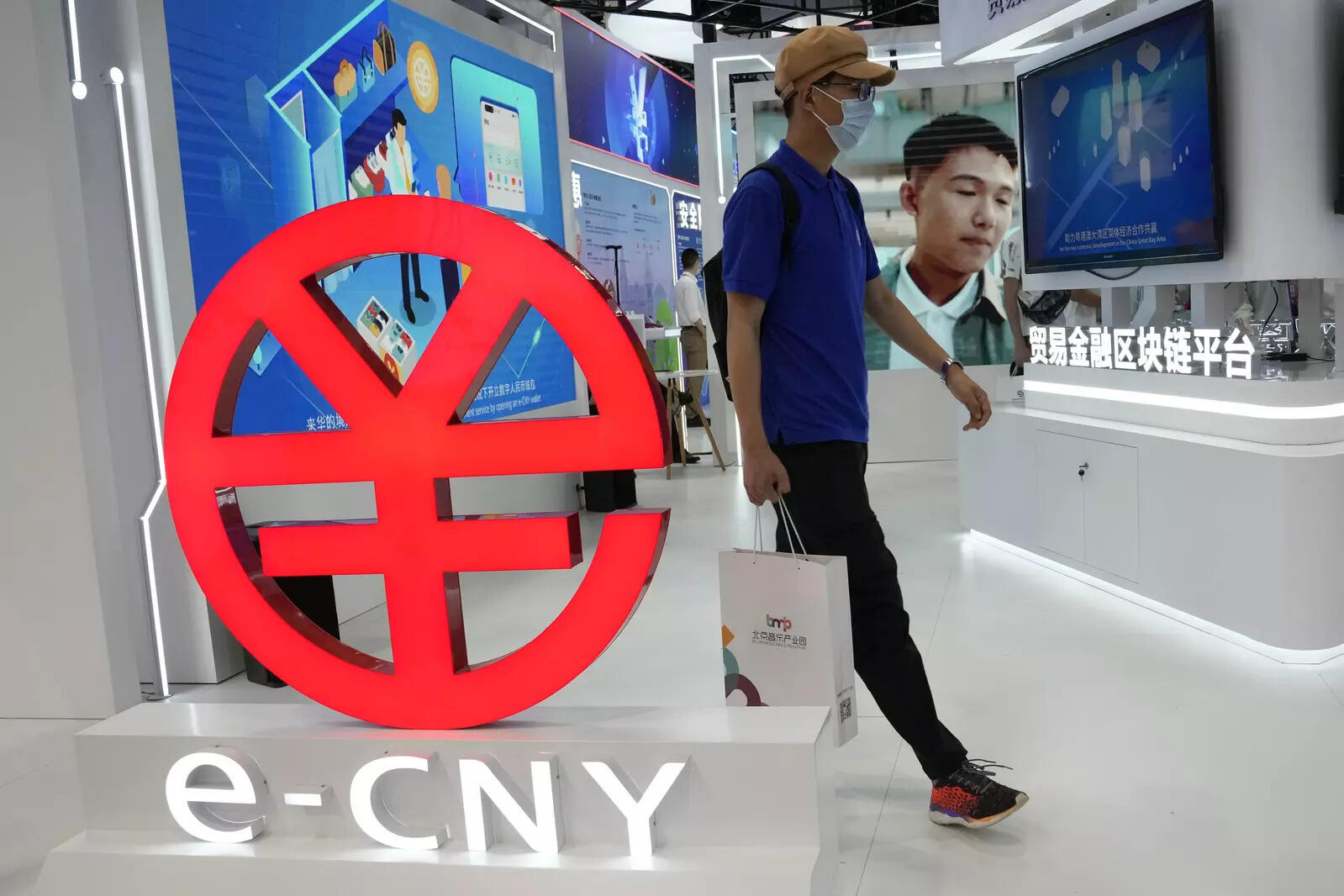Despite being very vocal about how bad Bitcoin supposedly is, top global can’t ignore the potential revenue streams and importance of having a strong strategic position in the crypto economy.
Most major banks including Standard Chartered, Barclays, Citigroup, Goldman Sachs are investing in crypto and blockchain-related companies in 2021.
Out of the top 100 banks by assets under management, 55 have invested in cryptocurrency and/or blockchain-related companies. Either directly, or through subsidiaries, according to Block Data.
The most active investors based on the number of investments in blockchain companies are Barclays (19), Citigroup (9), Goldman Sachs (8), J.P. Morgan Chase (7) and BNP Paribas (6).
The investors active in the biggest funding rounds are Standard Chartered ($380 million in 6 rounds), BNY Mellon ($320.69 million in 5 rounds), Citigroup ($279.49 million in 9 rounds), UBS Group ($266.2 million in five rounds) and BNP Paribas ($236.05 million in 9 rounds).
Where are they investing?
About 23 of the top 100 banks by assets under management are building custody solutions, or investing in the companies that provide them.
Custodians offer financial services to look after their clients’ funds, for a fee. They either build their own technology to offer this service, or use a technology provider whose solutions they can integrate into their own systems.
Why are banks investing in cryptos
Seeing cryptocurrency exchanges with a fraction of their staff become substantially more profitable or valuable than many banks. This started as early as 2018, when Binance, the leading exchange at the time, recorded $54 million more profit than Deutsche Bank, with just 200 vs 100,000 employees. More recently, Coinbase’s valuation was higher than Goldman Sachs, with just 4% of their employees.
Countless requests from their clients to provide Bitcoin solutions along with a change in regulations in 2020 that allows banks to offer crypto custody solutions is also among the reasons for banks to turn to cryptos.
The investments
Standard Chartered has invested $380 million via 6 rounds in firms including blockchain network Ripple, whose XRP token has a capitalisation of around $48 billion. It’s also an investor in Cobalt, a trading technology provider based in the UK. BNY has put money in Fireblocks, whose platform allows financial institutions to issue, move and store cryptocurrencies.
Citibank has invested $279 million in 9 rounds. It has put money in SETL, whose ledger technology is used to move cash and other assets.
UBS, with $266 million and 2 rounds, is an investor in Axoni, whose technology is used to modernize infrastructure in capital markets.
BNP Paribas has invested $236 million in 9 rounds and was developing real-time trade and settlement applications using smart contracts based on the DAML programming language with Digital Asset.
Morgan Stanley with $234 million with 3 investments has invested in NYDIG, a crypto custody firm and the bitcoin subsidiary of Stone Ridge, a $10 billion alternative asset manager.
JP Morgan Chase has bet $206 million via seven rounds and has investments in ConsenSys, an ethereum software company.
Goldman Sachs has put $204 million through eight investments, and its investee firms include Coin Metrics, a provider of blockchain data to institutional clients.
MUFG has put $185 million in six investment rounds in firms including Coinbase, the US cryptocurrency exchange that went public in April, and in Bitflyer, a Tokyo-based cryptocurrency exchange.
ING has bet $170 million spread across 6 investments and has backed HQLAx, a blockchain liquidity management platform.
